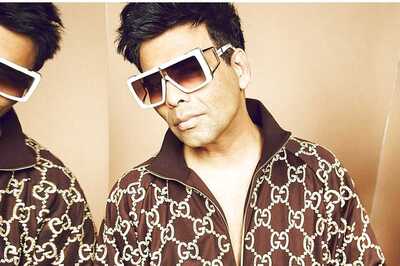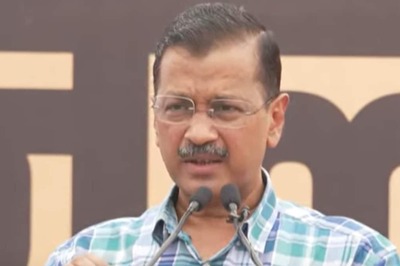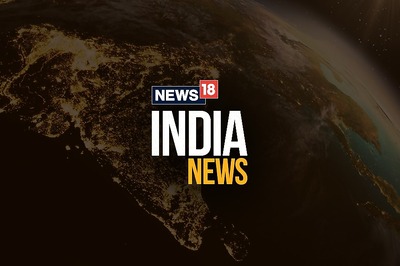
views
New Delhi: The Pakistan government on Wednesday summoned the Indian High Commissioner in Islamabad to protest against the acquittal of all four accused in Samjhauta Express blast case, and accused the Indian government of promoting and protecting ‘Hindu terrorists’.
Ajay Bisaria was summoned by the acting Pakistani foreign secretary, who lodged a strong protest against the verdict, saying that Pakistan had consistently raised the "lack of progress and the subsequent, concerted attempts by India to exonerate the perpetrators of this heinous terrorist act in which 44 innocent Pakistanis lost their lives."
Sources said Bisaria rejected the assertions and highlighted that due process of law was followed by the Indian courts in a transparent manner, and also called out the lack of cooperation from Pakistan’s government, including in serving court summons to witnesses in the case.
He also shared concerns over lack of progress in the 26/11 Mumbai attacks and the Pathankot airbase attack cases, they added.
Former RSS member Swami Aseemanand and three others were let off by a special court in Panchkula in the train blast case that left 68 people, mostly Pakistanis, dead in 2007, due to a lack of evidence.
"The issue was raised repeatedly, including at the sidelines of the Senior Officials, Heart of Asia Meeting in 2016. Formal demarches were also lodged regularly with India on the lack of progress and acquittal of the accused in other cases," Pakistan said in a statement on Wednesday.
The acquittal, Pakistan said, "makes a travesty of justice and exposes the sham credibility of the Indian courts and belies the rampant Indian duplicity and hypocrisy where India reflexively levels allegations of terrorism against Pakistan, while protecting with impunity, terrorists who had publicly confessed to their odious crimes."
The Pakistani government has further accused India of being insensitive to the plight of the 44 families of the deceased Pakistanis and alleged that the verdict was reflective of "Indian state policy of promoting and protecting Hindu terrorists."
Before pronouncing the verdict, NIA special judge Jagdeep Singh dismissed the plea filed by a Pakistani woman for examining some eyewitnesses from her country. The court ruled that the plea of the Pakistani woman was devoid of any merit.
The blast had ripped apart two coaches of the cross-border train.
The Haryana police registered a case, but the probe was handed over to the National Investigation Agency in July 2010. The NIA filed a charge sheet in July 2011 against eight persons for their alleged roles in the terror attack. Of the eight, Swami Aseemanand, Lokesh Sharma, Kamal Chauhan and Rajinder Chaudhary appeared before the court and faced trial.
Sunil Joshi, the alleged mastermind of the attack, was shot dead near his home in Madhya Pradesh's Dewas district in December 2007. The three other accused -- Ramchandra Kalsangra, Sandeep Dange and Amit -- could not be arrested and were declared proclaimed offenders.
NIA, in its chargesheet, had said that the accused were upset with the terror attacks on Hindu temples - Akshardham (Gujarat), Raghunath Mandir (Jammu) and Sankat Mochan Mandir (Varanasi) – and conspired to trigger the blast in the Pakistan-bound train to avenge the spate of attacks on various temples.
The accused had conspired and propounded a theory of "bomb ka badla bomb", the NIA had said.




















Comments
0 comment